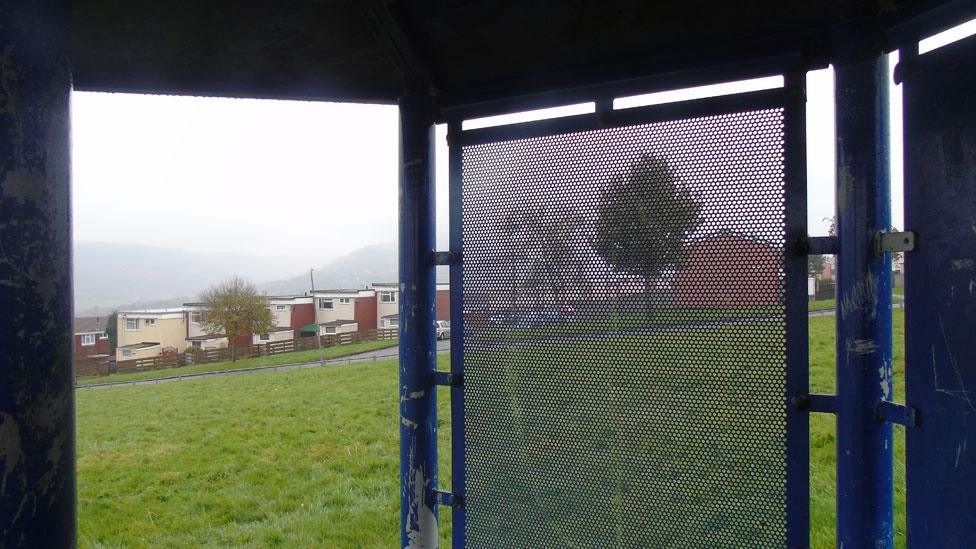Autumn Statement: A family's view of the economy in Cardiff
- Published
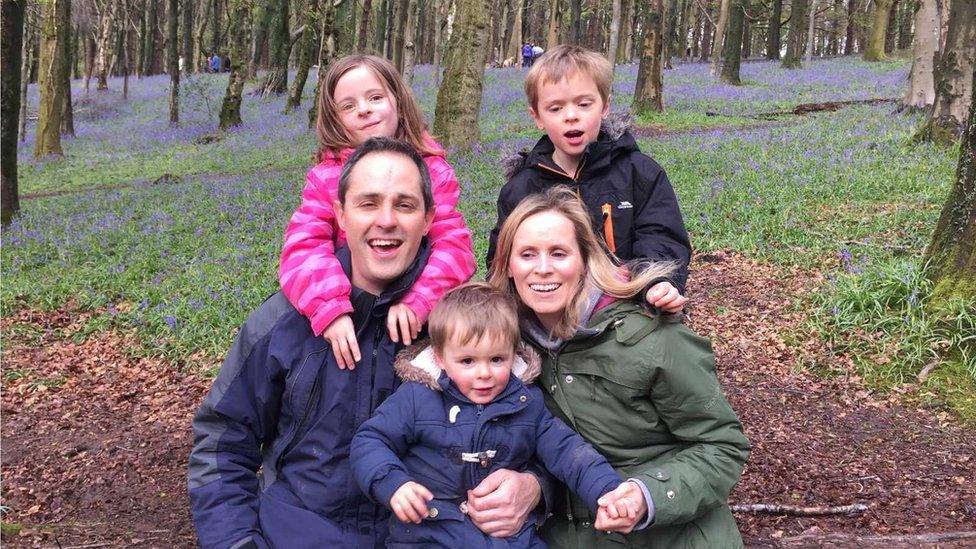
Cathryn worries about the future for her family in the uncertain financial climate
Chancellor Philip Hammond will update MPs on the government's taxation and spending plans during the Autumn Statement on Wednesday.
It will be the chancellor's first opportunity to outline his priorities in the wake of the Brexit vote.
BBC Wales spoke to a mother-of-three who hopes Mr Hammond will give reassurances to families like hers about the impact on the economy of leaving the European Union.
In the uncertain financial and political climate Cathryn Scott, who lives with her husband Jonathan Hurley in the Heath area of Cardiff, has concerns about her young family's future.
The 38-year-old, who writes a blog for mums living in Cardiff, is one of 201,200 self-employed workers in Wales.
"I do worry about the future, we had three children quite close together all within four years, so we could have three children all at university at the same time," she says.
"They could still be at home until they are in their mid 20s."
Mother-of-three Cathryn Scott has concerns about her children's future in uncertain times
Prices are rising in the UK at the steepest rate since 2011, with uncertainty over Brexit weakening the pound and driving up the cost of materials.
"I feel like we were just coming out of a recession and we are going to go back into it," says Cathryn, who left her job in 2007 to become a freelance journalist.
With three children, two-year-old Isaac, Eva, six, and five-year-old Owen, the family feel lucky, but she says they have had to cut back on luxuries and change their spending habits.
On Wednesday in his first Autumn Statement, Mr Hammond is expected to promise help for the group described as JAMs, the households "just about managing" to avoid poverty - a group Theresa May made a priority to help in her first speech as Prime Minister.
According to the Resolution Foundation independent think tank, 35% of working age households in Wales are JAMS. These are families who have at least one person in work, they can earn up to £50,000 but are struggling to cope because of several children.
"It is when we get unexpected expenses that it's a nightmare," said Cathryn, adding that the children had never been abroad, but had instead enjoyed holidays in a caravan borrowed from a friend.
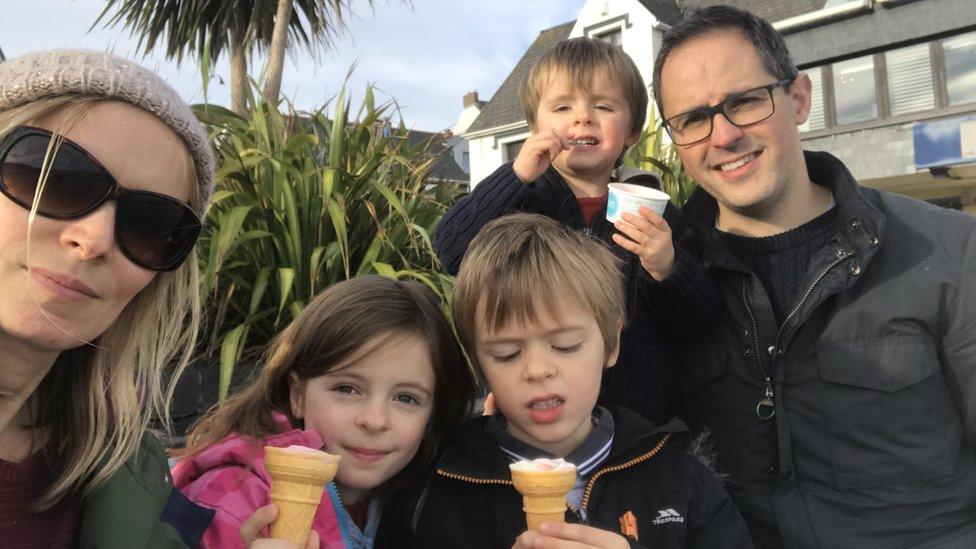
The family feel lucky but worry about the impact of any benefit cuts on people living in poverty in Wales
"We had a few things in one month; the car wouldn't work, my toddler broke the TV, and then I crashed the car into a bollard - which was my fault, but it all added up to about £2,000."
Cathryn and her family have invited BBC Radio Wales' Good Morning Wales programme to talk about the economy over breakfast ahead of the Autumn Statement.
While record levels of people are now in work in both the UK and Wales, many of the jobs are low paid and low skilled.
As of April 2016, 1,421,700 people were in employment in Wales, earning an average (median) wage of £492 a week, or £25,584 per annum.
Historically, Wales has recorded the lowest wages in the UK, but in April this year the East Midlands' average (median) came in at £9 lower, according to labour market statistics by the ONS.
Over 350,000 people are classed as part-time workers - making up 26% of the workforce in Wales.
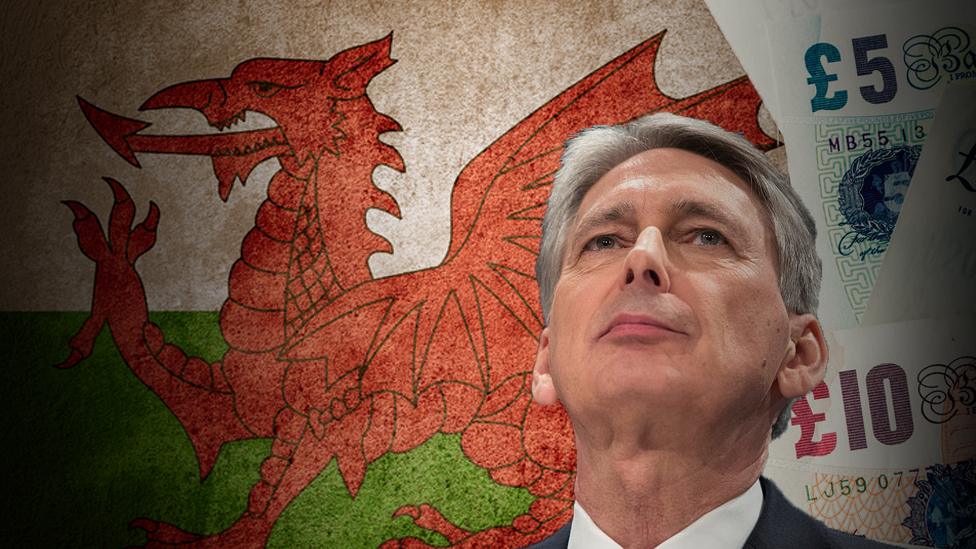
Cathryn said her decision to scale back since she left full time work had made an impact on her day-to-day decisions and she felt like the 'middle' were being squeezed.
"A lot of the mums I know have to work and find that a lot of the money they earn goes on childcare," she said.
"We would like to redecorate our house, but we just don't have that kind of money at the moment, and if we did we would worry about spending it."
She is always on the look out for a bargain, cooks in batches, saves up points, and shops at a discount supermarket chain because it is cheaper - her Christmas shopping is done months in advance to take advantage of the sales.
"I think, will I ever be able to afford to retire? And being self employed, there is no company putting into my pension," she adds, saying the cost of petrol and heating added to the problem.
With Wales having the highest proportion of people living in relative poverty - 23% - in the UK outside London, and the highest percentage of children living in poverty - one in three - of any nation in the UK, Cathryn feels her family are lucky and worries about the impact of potential cuts on people worse off than her.
"It feels like the rich get rich and the poor are getting poorer," said Cathryn.
"I worry more about other people, I'm concerned about people having their benefits cut.
"We live in the 21st Century and in Wales we have some of the worst child poverty levels. We need some reassurance that people aren't going to be worse off."
The couple has already set up a savings account for their children to send them to university, but Cathryn worries about their future financial security. She also worries about the state of public services including the NHS.
While there have been some spoilers, it will not be clear exactly what will be in the Autumn Statement or what the impact will be for public services and infrastructure in Wales until Mr Hammond gets to his feet in the Commons on Wednesday afternoon - and then Cathryn, and families like hers, will see if any changes affect their pockets.
- Published21 November 2016
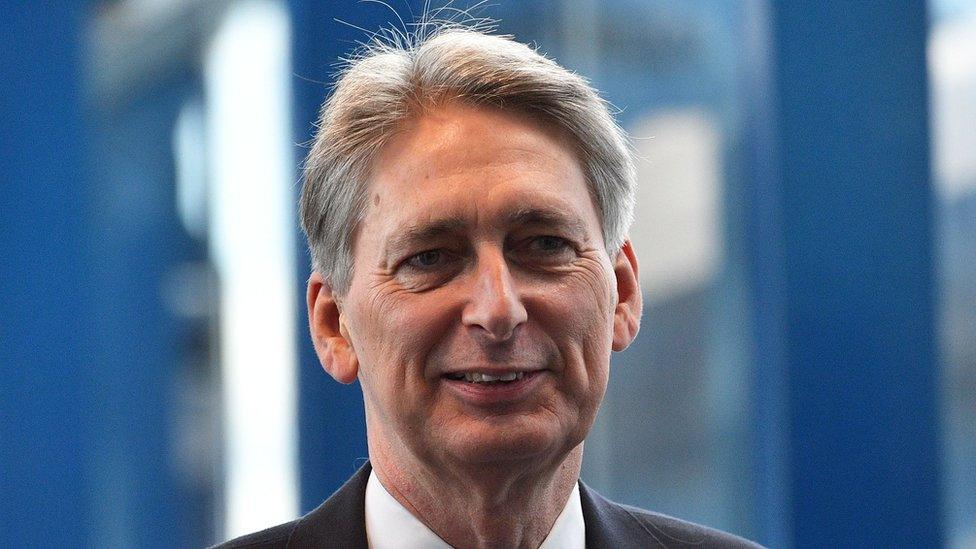
- Published20 November 2016

- Published22 November 2016
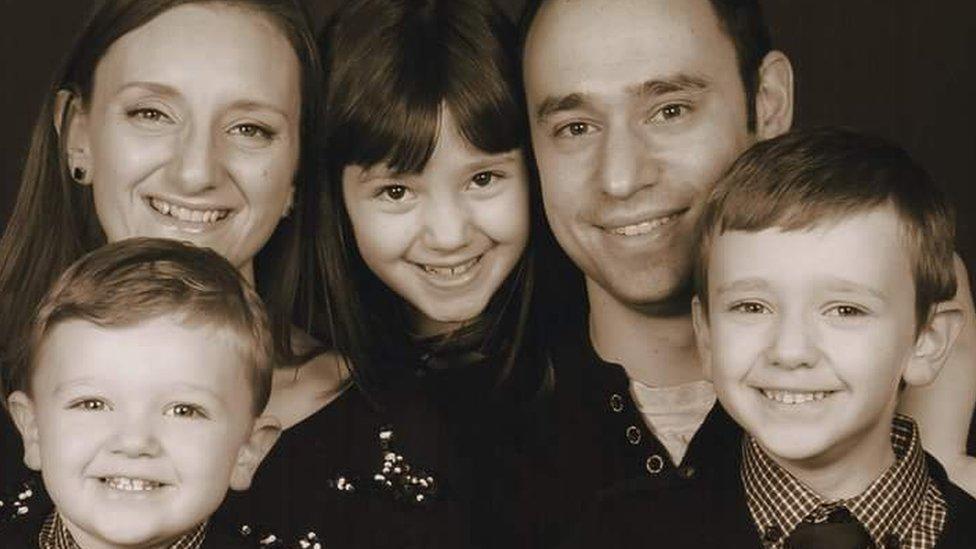
- Published21 November 2016
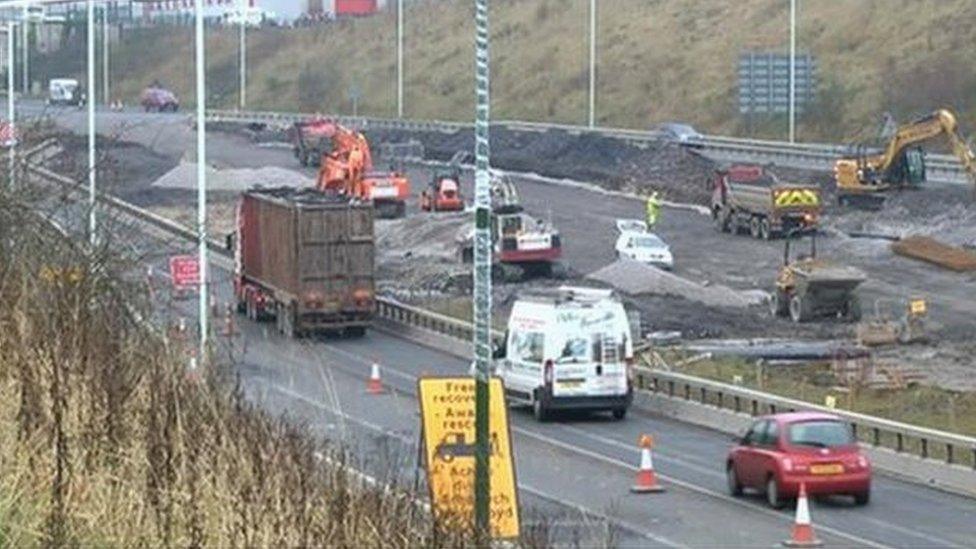
- Published17 November 2016
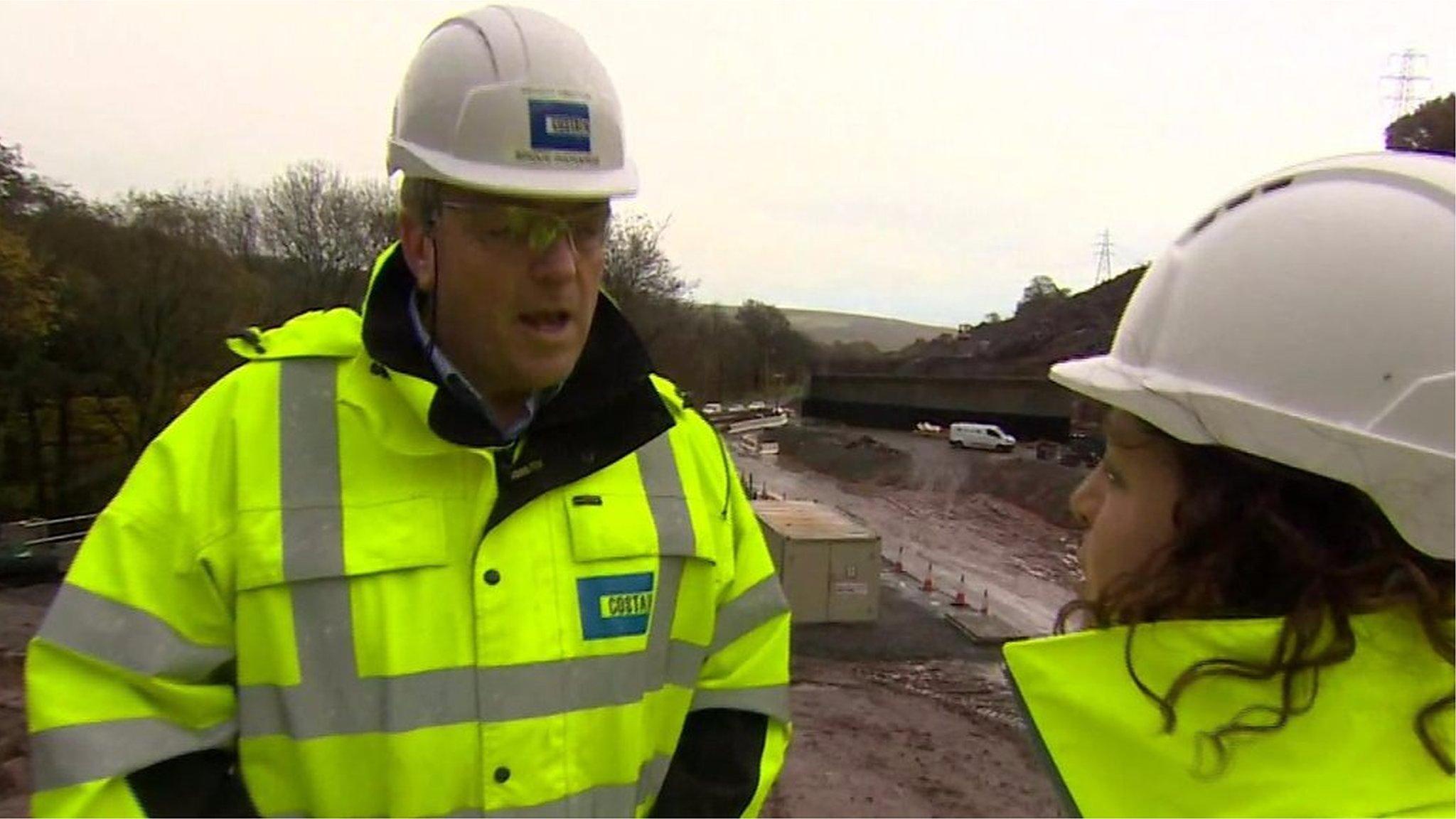
- Published27 October 2016
